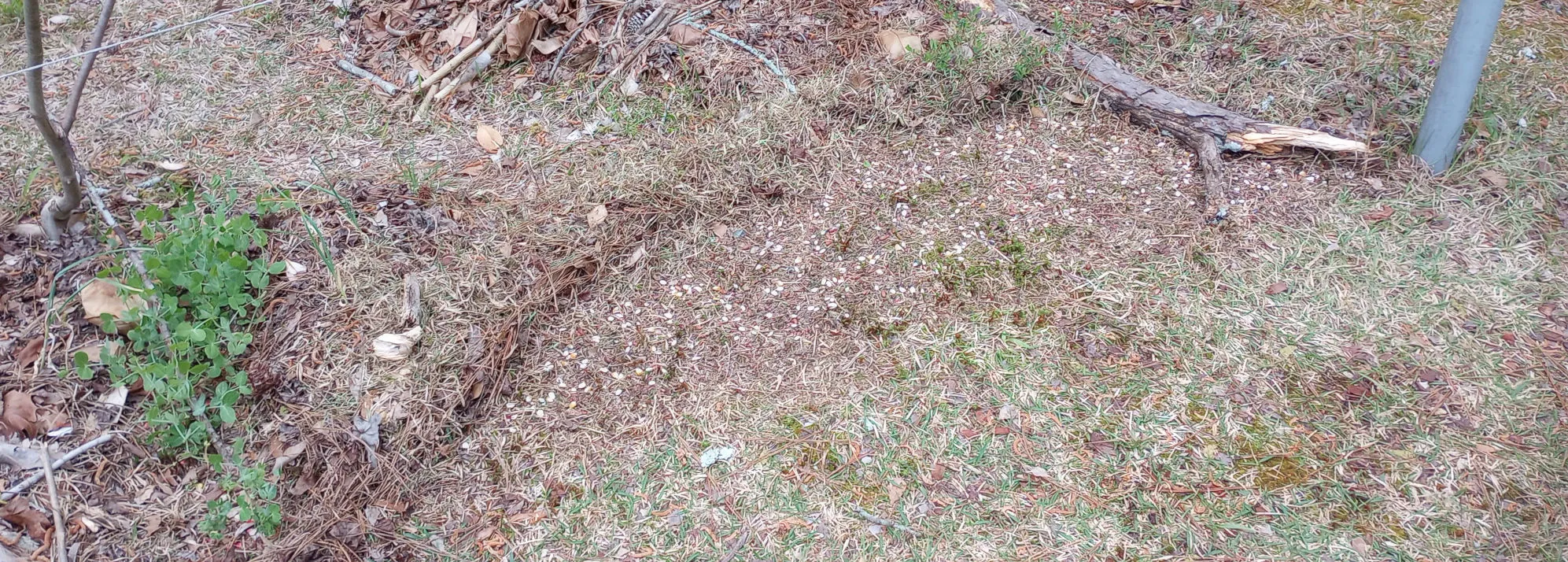In this Q&A with Prism, the Appalachian Prison Book Project’s Lydia Welker discusses the barriers prisons place on books and why access is worth fighting for
August 28th, 2024
For two decades, the Appalachian Prison Book Project (APBP) has mailed books to people in prisons and jails across six states in Appalachia. More than 70,000 reference, nonfiction, and fiction books have reached people behind bars who would not have otherwise had access to them.
Lydia Welker is the digital communications coordinator for the project, which is run by an all-volunteer team in Morgantown, West Virginia. In 2021, the Appalachian Prison Book Project expanded by creating a pen pal program, facilitating book clubs, and supporting an associate’s degree program at a prison in Pennsylvania. In December 2024, the organization will publish a book of art and letters by incarcerated people with West Virginia University Press.
On the 20th anniversary of the project, Prism’s Ray Levy Uyeda spoke with Welker by phone about the work that has—as she said—changed her perspective on everything she encounters and her outlook on her “entire life.”
...
Ray Levy Uyeda: What does it take to send a book to someone in prison?
Lydia Welker: Sending anything—especially books—to people who are incarcerated is extremely difficult. Federal, state, and county governments each have different rules about what can be mailed inside. Individual wardens also have a say, and then it often comes down to the discretion of someone working in the mail room.
The Appalachian Prison Book Project keeps very detailed records about different prisons and jails in the region that we serve. We keep careful records about what books have been rejected and why. Most prisons won’t accept hardback books and won’t accept books that aren’t in “good” condition. If a book has a ripped cover, torn pages, pencil or pen marks, it will get rejected. There are also content-based reasons for rejection. We’ve learned that violence, nudity, and maps are all reasons books won’t be accepted, which can include action books or art books like Michelangelo’s David.
What’s in the package is just as important as what’s on the outside. You have to include the person’s name and their ID number and then their mailing address, and then inside we include a note that says, “This book is free and yours to keep.” That is a very important language that we have to include in each package so it’s not seen as an exchange where someone would need to pay us for that book.
...


 garden plot corner
garden plot corner
Why doesn't he visit the United States?